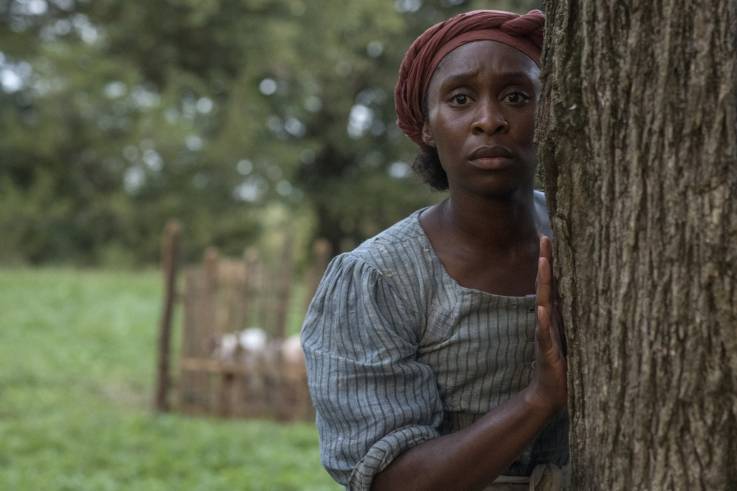
From time to time we like to throw out a resource that we think will aid you Abrahamic family-building types, be they books or movies or the occasional throw rug (okay, we have yet to review a throw rug… but I maintain the right to do so! So there).
This is one of those occasions.
The missus and I saw Harriet last night and, though it wasn’t a great movie, there was a lot to like. I will own it someday and talk my children through it when they’re ready. Why? What makes it worthy of our precious earth-bound time?
I’m glad you asked.
- PROPHECY. Harriet Tubman, the freewoman who became a freer of other slaves and an important figure in the Underground Railroad (come to Cincinnati and learn more at our rad museum!), was portrayed as being led by the voice of God. Prophecy, of which we are an unapologetic fan, was so repeatedly exalted, and produced such widespread respect for Tubman, that I’m astounded this film is in wide release. I don’t remember seeing prophecy portrayed so favorably and it being so central to a main character in any film. In Harriet, God (unfortunately the filmmakers only referred to God but never to Jesus, in whom we know Tubman placed her trust) warns Harriet about which way to go to stay safe, who to trust, and what her mission is. It’s rad, and it wasn’t added for dramatic effect: Fellow abolitionist Thomas Garrett said of her, “I never met any person of any color who had more confidence in the voice of God.” Tubman herself said it was the voice of the Heavenly Father Himself who called her into her life’s greatest work:
- EVANGELISM. Tubman, who earned the nickname The Black Moses, made 19 trips back into the slave-holding south to rescue others. In the film, she’s challenged with the wisdom and practicality of trying to lead slaves 600 miles from the Mason-Dixon Line to Canada. Her response is to go on an epic rant about how horrible slavery is, how she’ll give every last drop of her blood to lead others to freedom… then disparages those around her, saying they’ve forgotten the cruelty of slavery. “You’ve become comfortable… with your nice houses and your beautiful wives…” I found it convicting and fully applicable to the heart of evangelism, which says “My freedom from sin and shame and hopelessness isn’t just for me… I have to share this living hope in Christ with everyone else I possibly can!” For the evangelism-minded, Tubman is a hero par excellence. I was deeply moved by her heart for others… and her
- RESOLVE. I’ve taken inspiration from Sojourner Truth in the past (what a name!) and, like her, Harriet Tubman demonstrated a burning consecration to her calling, and could not be dissuaded by enemies, bounty hunters, well-wishing friends who wanted her safe and calm, or even those she sought to free (she famously held a gun to the head of at least one slave who threatened to turn back during an escape journey. She said that one man’s cowardice wasn’t going to destroy the Railroad. Whoa). She had set her forehead like flint, to borrow a scriptural phrase, on God’s will for her life, and never looked back. “I can’t die but one time,” was her delightful mantra.
So for those and other reasons, we give Harriet four Antebellum dresses out of five. You and your children will glow with pride at seeing a sister of the faith, and others, so glowingly rendered. The opposition to slavery is a clear metaphor for our heart to share the gospel with others, and never was there a more clarion symbol of prophecy, evangelism, and resolve than Harriet Tubman.
(Note- there is some violence in the film, as well as one strangely random f-bomb thrown in, so be advised if you intend to bring the young-uns.)






